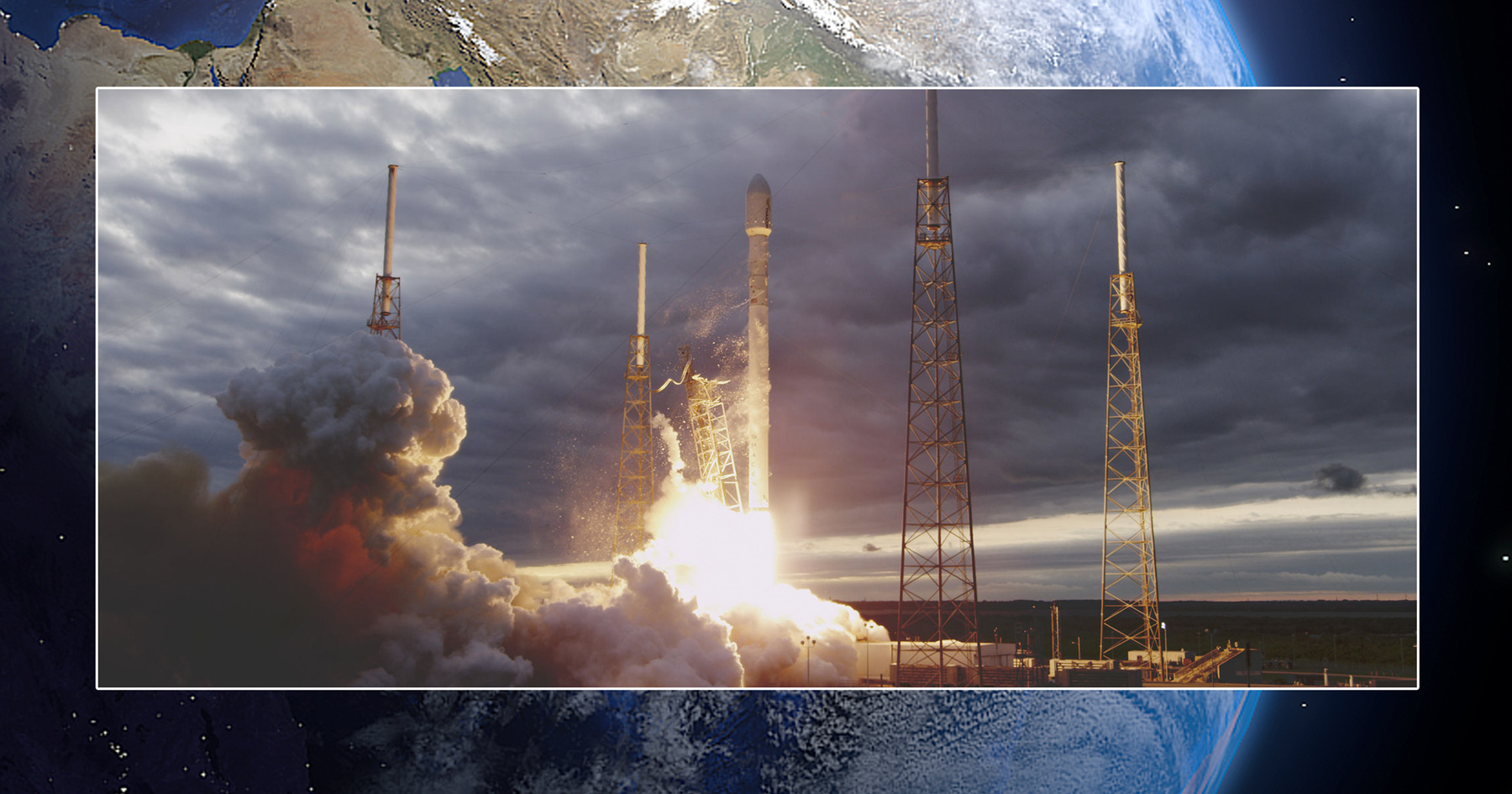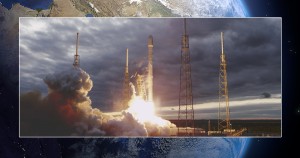Earlier this week, SpaceX made history. Again.
Back in 2008, the company had launched the Falcon 1 into orbit —a big deal in the Space Age, previously dominated by governments.
Blue Origin, which is the baby of Amazon’s Jeff Bezos, has been providing Elon Musk’s SpaceX some stiff competition. A few weeks ago, Blue Origin sent up the New Shepard rocket — and returned it to earth vertically.
This week, SpaceX pulled ahead, sending its Falcon 9 up beyond New Shepard’s suborbital heights, putting eleven (count ’em: 11) satellites into orbit … and returning to touch down safely onto dry land — on the launch pad — vertically.
Just like we imagined when we (well, some of us oldsters) were young, before we witnessed Mercury and Apollo splashdowns.
Back in 2012, when I wrote about SpaceX — and NASA’s outsourcing of launches — I called it progress. One reader worried about the whole thing, though: “A spy satellite is still a spy satellite even if some telecom conglomerate puts it in space.” He was afraid of privatizing tyranny. That would be bad, but it doesn’t seem to apply to this week’s new satellites … unless M2M (machine-to-machine) Internet devices mean something different than what I understand them to be.
In any case, costs have been contained: while NASA’s Space Shuttle was also reusable, it cost about half a billion bucks per launch, which, we’re told, is “about eight times the current cost of a Falcon 9.”
Free enterprise: delivering the goods at a fraction of the cost.
This is Common Sense. I’m Paul Jacob.


4 replies on “Falcon 9 Delivers Eleven”
Why the surprise at the frugality of private enterprisecs versus the mindless spending by government bureaucracies? There is a different mindset when you are spending the other guy’s money. Fiscal responsibility and, oftentimes, safety carry not the same emphasis when performed by govenment employees.
We expect people spending their own money to be more frugal than those spending other people’s money, but is there more to this? Is SpaceX using equipment discarded by NASA? If so, they’re still piggybacking off taxpayers, even if indirectly. (Not a criticism. I’m just saying they’re not getting as much leverage as the article implies.)
Paul. you’re being naive, I feel, to surmise that today private enterprise is genuinely private… and not wholly directed and controlled by the global deep state. Bezos, Gates, Buffett, Koch, etc. are simply higher ranking pieces on the chessboard of the Old World Order… marching to the tune of their masters (or comasters). “The world is run by insane men for insane purposes.” — John Lennon. And that includes space travel. Until we the people as Independents, put an end to them. http://www.amazon.com/Truman-Prophecy-Walk-Independents/dp/1522766243/?tag=thecofcoa-20
Not surprised that private enterprise is more frugal. Not at all. And, sure, it would also not surprise me if SpaceX gained further financial advantage by purchasing government equipment on the cheap.
We don’t have a perfectly free market, of course, but it is still strikes me as well worth sharing the good news that the cost of space travel is falling and private competition is driving it.